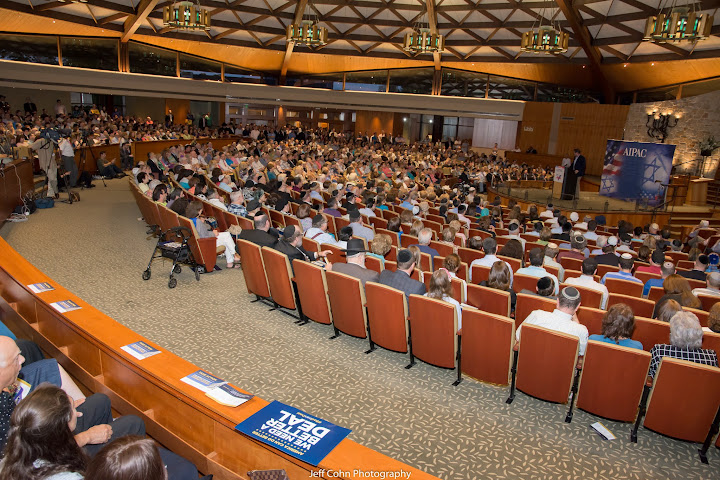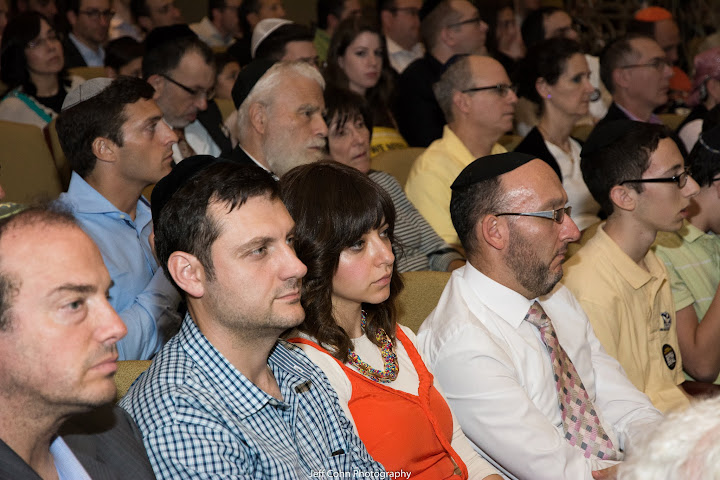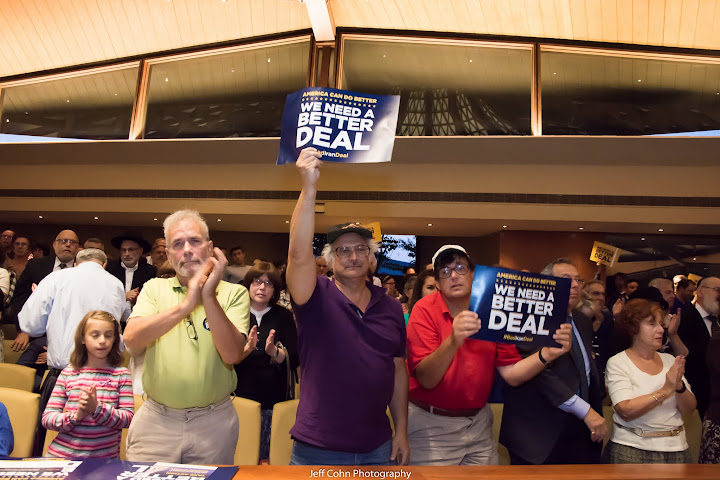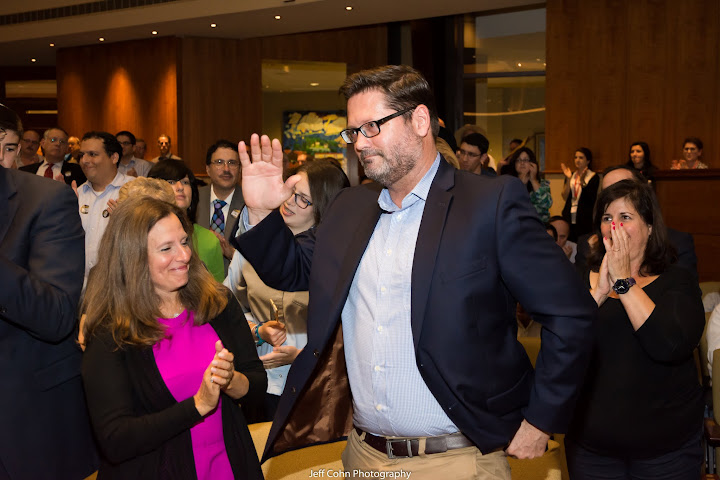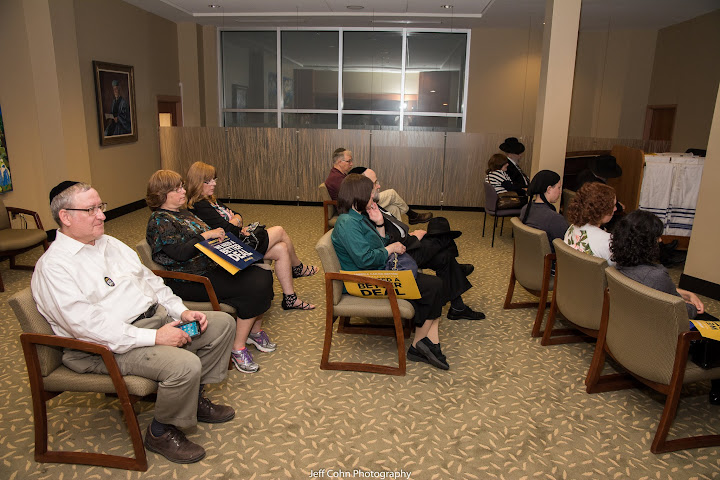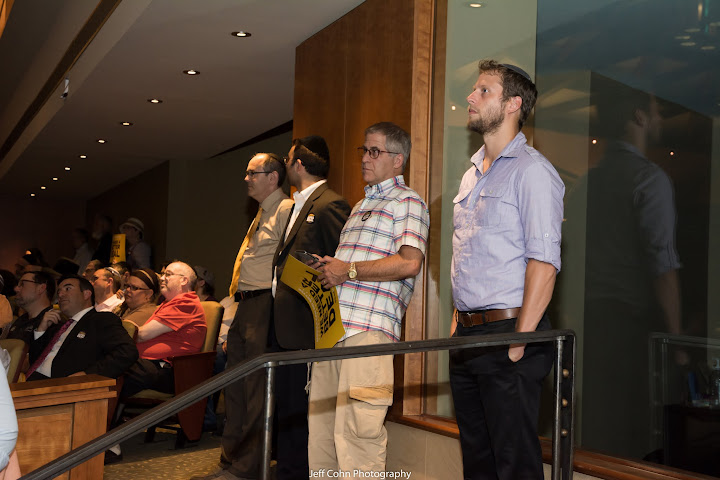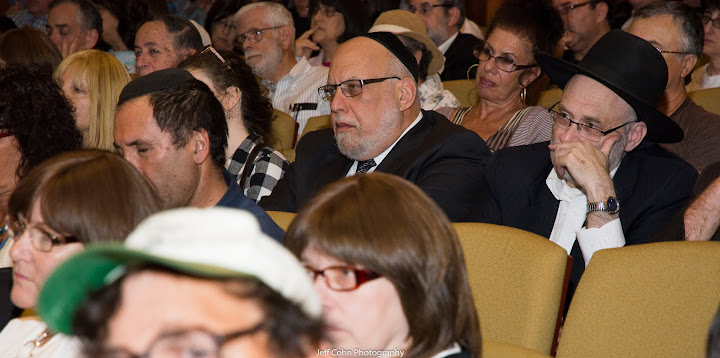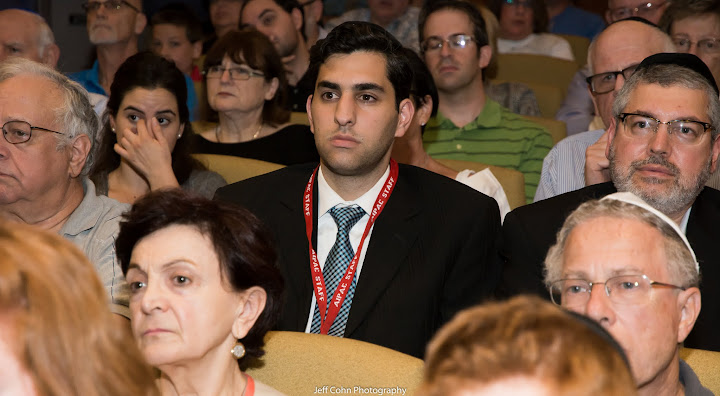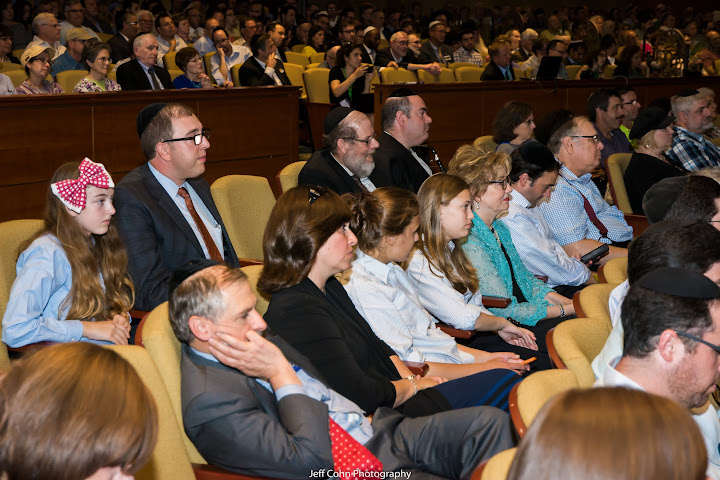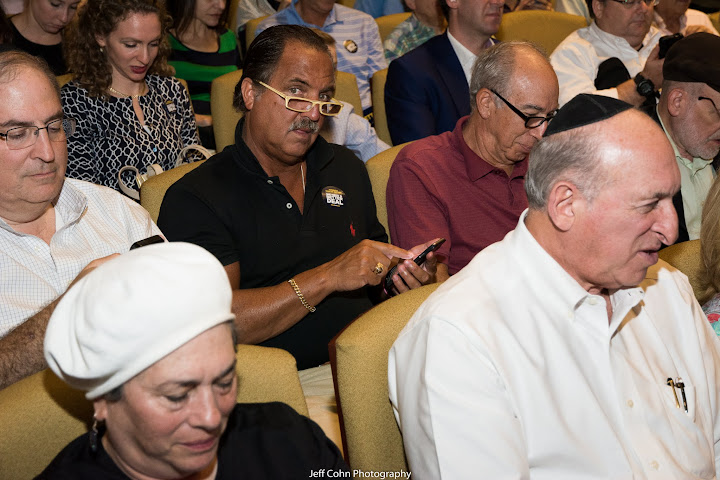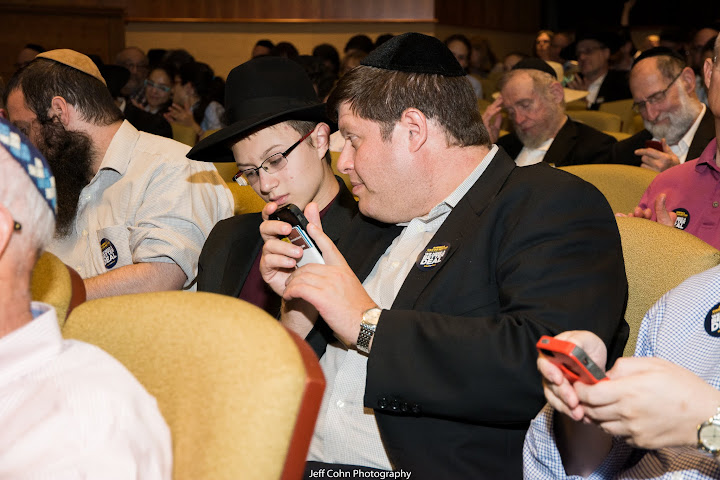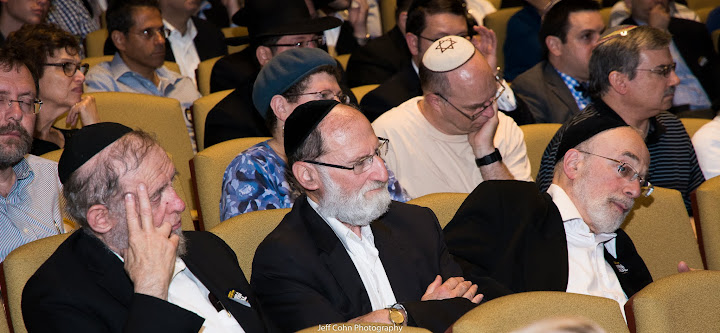

Posted on 09/03/15
Baltimore, MD – Sep. 3, 2015 - An overflow crowd of close to 2,000 from across the Jewish religious spectrum as well as many non-Jewish supporters, heeded a last-minute call to attend an AIPAC-sponsored rally at Beth Tfiloh on Tuesday evening, Sep. 1. As diverse as the audience was, the packed crowd was united in its goal: Send a message to Congress to stop the proposed Iran Nuclear Deal from being approved.
“’An event like this does not happen overnight’ is what is usually stated at any large successful gathering. In this particular case, that’s not entirely true,” stated Yehuda Neuberger, who serves as AIPAC’s Chair on the Baltimore Executive Council. “The decision to hold this event was made late Friday afternoon when it was determined that this was critical to our efforts. The outreach only began on Sunday with the first flyer being produced only midday on Monday, and yet we are all sitting here this evening.” Mr. Neuberger thanked the untold numbers of individuals, organizations and Rabanim across the religious spectrum who spent hours working on all aspects of this gathering.
Mr. Neuberger said Senator Cardin told him in a conversation that, “the only person who has ‘anytime, anywhere’ access to me is Rabbi Wohlberg.” He said that although Rabbi Wohlberg is able to maintain this warm relationship with him by separating politics from their friendship, in this case he stepped up to the plate and has been active in lobbying Senator Cardin and other politicians against the Iran Deal.
Rabbi Mitchell Wohlberg quipped that “Senator Cardin listens to me like the rest of my members listen to me.” Rabbi Wohlberg said that under normal circumstances he would thank everyone for coming. But “these are not normal circumstances,” and he pondered how it is possible that others who were able to come did not.
“Israel is now facing the greatest danger to its existence since 1948. How can we not raise our voices?” Rabbi Wohlberg compared our actions, or inactions, to those of Joseph’s brothers, who after throwing him into the pit, “sat down to eat their lunch” while their brother was pleading for mercy. He said our brothers and sisters in Israel have been thrown into a pit of despair and from across the Israeli political spectrum the vast majority are calling out for us to help. He attacked J Street’s efforts to ignore their cries for help. Of J Street, he said, “go ahead, call yourselves pro-peace, but don’t call yourselves pro-Israel.”
Rabbi Wohlberg expressed his appreciation that we have an organization like AIPAC that advocates for us. Although the president may have enough votes, we can send a powerful message if both houses of Congress and the American people vote down the deal. Let us proclaim to the world, “For the sake of Zion, I will not be silent, and for the sake of Jerusalem I will not rest, until her righteousness comes out like brilliance and her salvation burns like a torch.” (Isaiah 62)
Community activist Debs Weinberg introduced Michael Pregent, who spoke next. Mr. Pregent spent 20 years in the US army as a Middle East intelligence officer and seven years in the defense intelligence agency and is an expert on Iranian influence. He also served as an advisor to General David Petraeus and is executive director of Veterans Against the Iran Deal.
“We stand here today because our cause is just, noble and principled. “ Mr. Pregent said. “We are gathered here today because we know America can do better and deserves better. The choice before us is not “this deal or war.” Iran is an enemy that he and the veterans in his organization know very well. He mentioned many atrocities that Iran has committed against Americans, going back decades and said that Iran has not changed at all since those days. “There has not been one single moderating event over the last 36 years.” He said he has witnessed what the Iranian regime has been able to do under sanctions, supporting terrorism against Americans, resulting in the deaths of over 500 US soldiers and maiming thousands. Calling veterans “the last people who want to go to war,” Mr. Pregent’s group strongly protested President Obama’s portrayal of those against the deal as “warmongers.” He emphasized that with sanctions lifted, Iran will have the ability to increase its terrorist activities and will act on it.
Mr. Pregent said, “Supporters of this bill say ‘Iran may, Iran could, Iran should, we hope Iran doesn’t.’ Opponents of this bill say ‘Iran has, Iran is’ and ‘Iran will.’”
David Cordish, has been a member of the national board of AIPAC for many years. He introduced Howard Kohr, Chief Executive Officer of AIPAC, praising his leadership skills.
Howard Kohr also noted the diverse make-up of the crowd and thanked those who brought their children to participate in this historic gathering. He said “we are here on the eve of very historic debate. It is not very often in Washington that we have debates which will have an impact not just within this country but also will affect other parts of the world, particularly in this case, the Middle East.” He said the consequences of this agreement will be felt for a generation and said “we are engaged in a ‘once in a generation’ discussion about U.S. policy towards Iran.”
“To understand our concerns with this agreement, it starts with the nature of this regime in Iran. This regime in Iran in its heart is anti-Semitic. “He said that unabated, the Iranian leadership voices its desire to destroy the Jewish State and the Jewish people. The people of Israel understand that when a nation says it intends to destroy you and is capable of doing so, they need to listen very carefully and know from our history, that they are serious about this. This deal may be a grave danger to the U.S. but for Israel, “it is an existential danger.”
He detailed several key elements of what is wrong with this deal:
First, the Iranians will receive a lot of cash (not including future investments and other funds they will be receiving). Today they spend approximately $100 - $200 million to fund Hezbollah. They could double or quadruple this amount and still have plenty of money left over. This money translates into attacks on Israel. He said both Hezbollah and Hamas are celebrating this agreement.
Secondly, at the end of five years, the arms embargo against Iran will be lifted. The Russians, Chinese and Europeans will be able to sell them sophisticated weapons and air defense systems (which Iran will have the money to purchase). Iran will be able to continue research and development, and ultimately deployment of ballistic missiles. Ballistic missiles are only needed in order to be able to launch them at great distances against your enemies. Iran can already do this today against Israel, so this is not about Israel. Europe and the U.S. will ultimately be at risk.
The final piece of this agreement which is especially concerning is that by somewhere between the 10th and 15th year, Iran will have no restrictions left on their ability to enrich uranium. During the negotiations, “the U.S. lost sight of the goal of getting the Iranians to dismantle their nuclear infrastructure. Not one single centrifuge will be dismantled.” By the end of this agreement, the world will have very little time to react to Iran’s actions.
“This deal hasn’t ended the danger, it has delayed it, at a great price. This deal is so deficient that almost any deal is better than this deal. It increases the likelihood of conflict because the outcome will destabilize the whole region.”
Mr. Kohr closed by giving out the phone numbers for the House and Senate and encouraged everyone to call the next morning to urge our congressmen to oppose this deal and ask that a better deal be negotiated. He said “the beauty of being an American citizen is the ability to stand up and disagree with our government if we think they are wrong. But that voice is only good if you use it.”
Mr. Kohr also addressed the young people who had taken the time to be there and be part of this historic effort. He said they should remember that when the security and well-being of Israel was a risk they will know that they, their parents, and we as a community did what we could to help.
Rabbi Shmuel Silber, who along with Rabbi Moshe Hauer, was very involved in this rally, said that “this gathering was beautiful on many levels. First it gave us the opportunity to unite as a community and rally around a common love and concern for the State of Israel. It was beautiful to see so many hundreds of people from different streams of Judaism and backgrounds unified in purpose. It is important that our elected officials see that the Iran deal and the security of Israel are issues of supreme importance to our greater community. It is equally important for us to convey that this is not simply an issue that impacts Israel. Iran is the leading sponsor of global terror.”
He adds, “Success in life is not necessarily defined by getting your way or accomplishing what you set out to do. Success is defined as waging the good fight and putting in all of your effort to impact and change your circumstances. This rally was an incredible success. We came together as a community and put aside our personal differences for the greater good of our people. We have seen many of our communal and national organizations mobilize and do everything within their power to shape the course of events. We have and continue to put in our effort and with the help of God, shape our future.”
Several attendees last night also commented about the deal. Jay Bernstein, Chair of Public Affairs Committee of the Baltimore Zionist District (BZD), believes that David Hazony (editor of The Tower Magazine) summed up the problem best when he wrote, this deal’s fatal flaw is that “it floods an expansionist, tyrannical, terrorist regime with the cash, weapons and legitimacy it needs to reign unchecked for another generation in exchange for unverifiable, unenforceable promises to delay rather than dismantle its nuclear weapons program.”
Mr. Bernstein says, “While we may not know what will ensue if the deal is rejected, we know that accepting the deal legitimizes the Iranian nuclear program, and that prospect is so catastrophic that it far outweighs any other uncertainties.”
He believes that although phoning our congressmen is important, it is also essential to hold public assemblies demanding that our representatives reject the deal. BZD is calling on our community to join vigils against the deal taking place from 10 am to 12 pm on both Sunday September 6th on the corner of Stevenson Road and Old Court Rd, and on Monday September 7th on the corner of Park Heights and Slade Avenue.
Bernard, who only wanted to give his first name, quoted psalms when he said his motto is, “Put not your trust in princes and mere men whom there is no help” (146:3). He said he has a very long memory and has been writing and calling his representatives. “Even if you discount Israel completely, it’s a bad deal for anybody. It’s not rational. “We are passing the legacy of lunacy.”
Dr. Sam Durso is opposed to the deal because you can’t verify it with a state that calls for the destruction of Israel and hates the U.S. He says the Iranians “are not trustworthy” and he thinks we need better verification if we go into a deal like that. He doesn’t like the idea of giving them sanctions relief “when we know that they will use a high percentage of the money to turn right around and fund terrorist activities against us and our allies.”
Yehuda Neuberger added, “It was very gratifying to see the entire community across spectrum come together in a meaningful fashion for an important communal goal.”
The community appreciates the efforts of the members of Chaverim and the boys from the Chananya Backer Memorial Institute yeshiva who were there directing traffic, making the exit from Beth Tfiloh safer and more efficient.
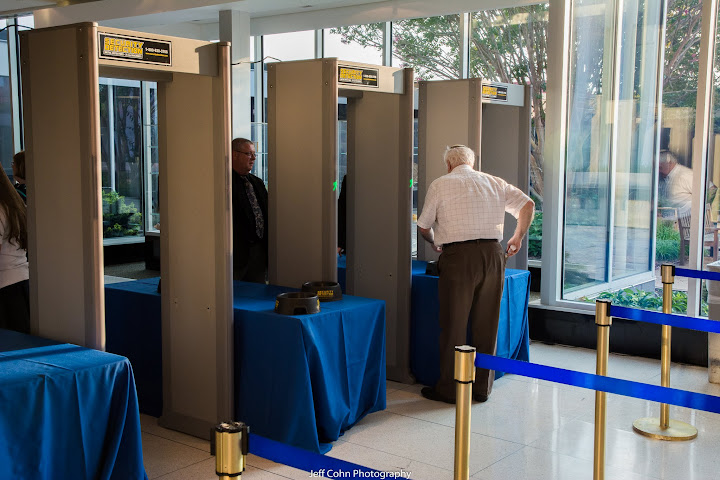

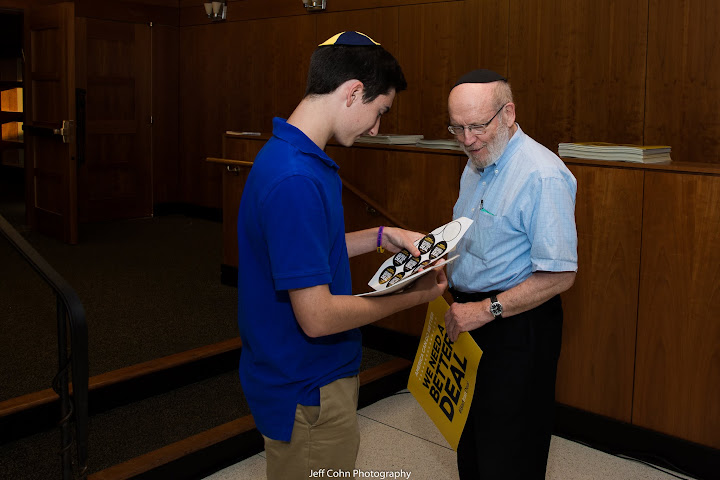




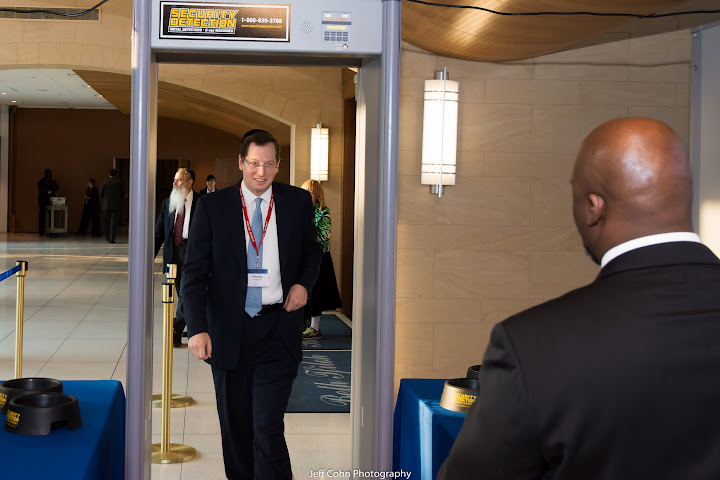




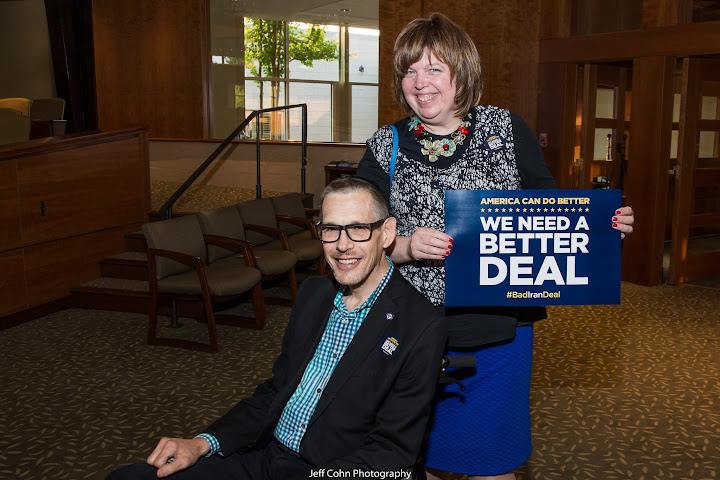
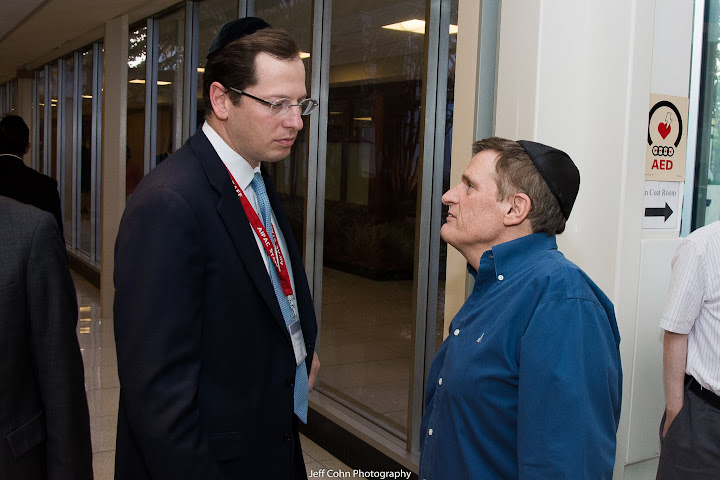




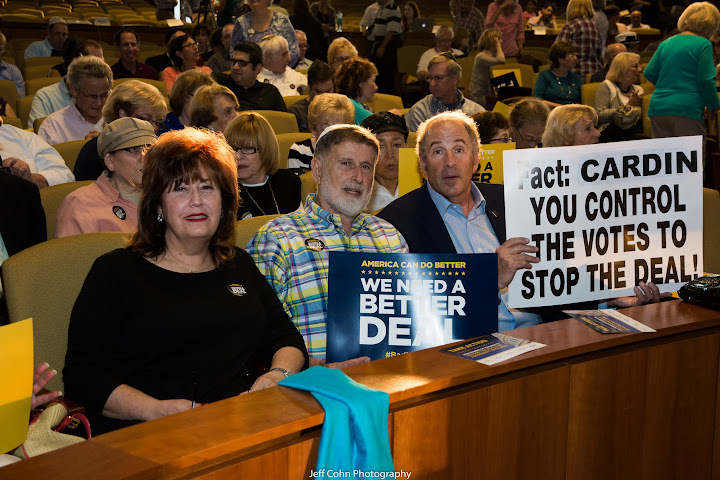
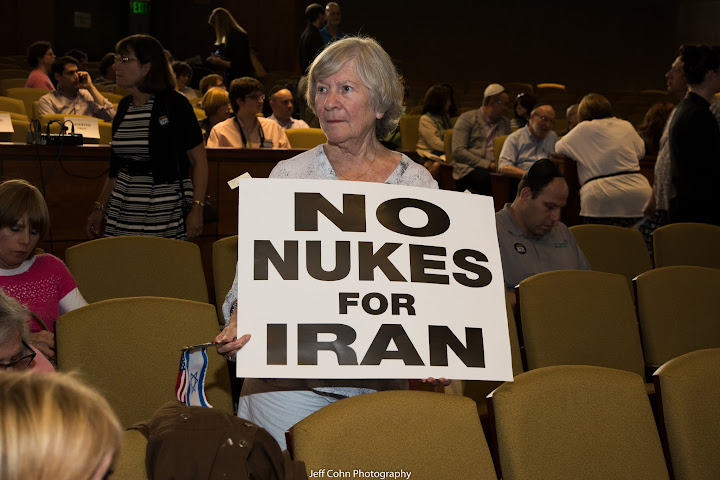


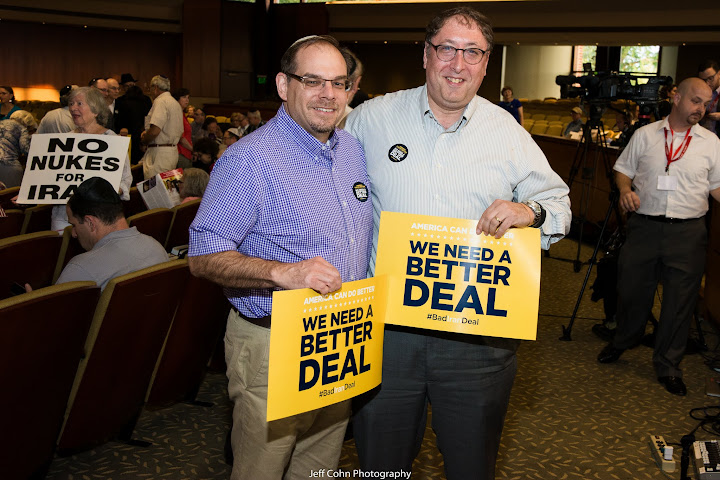
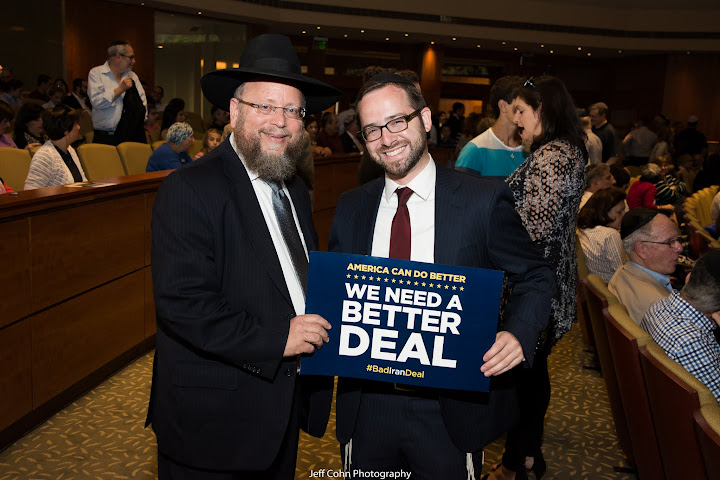
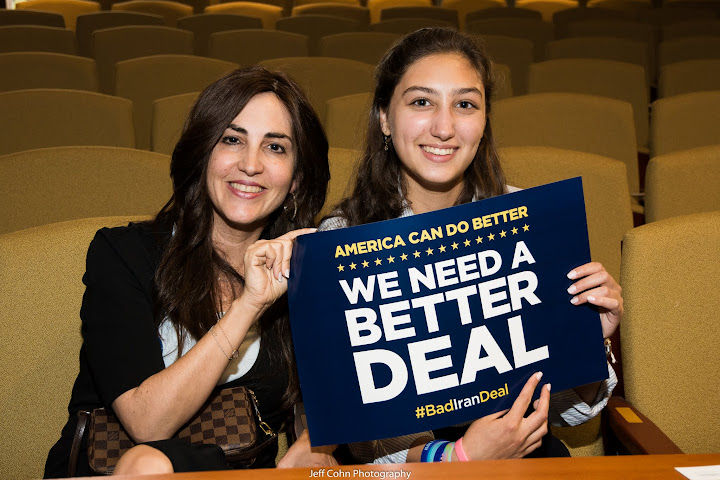
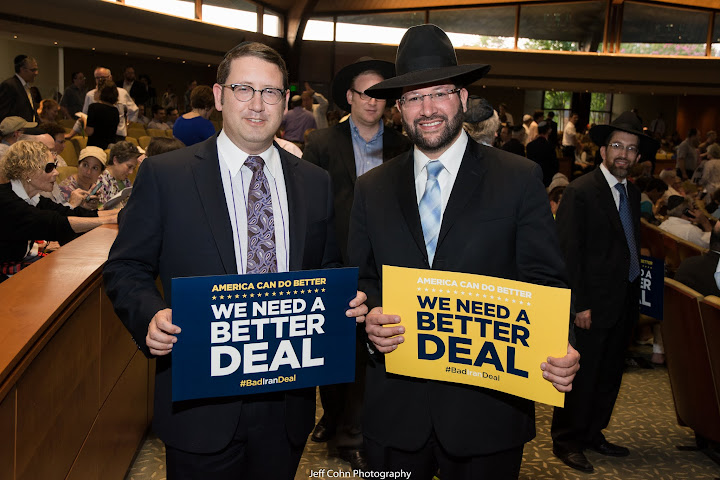

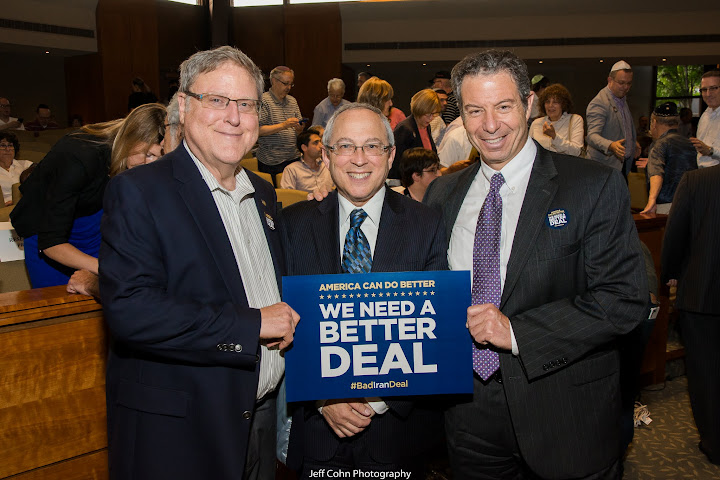


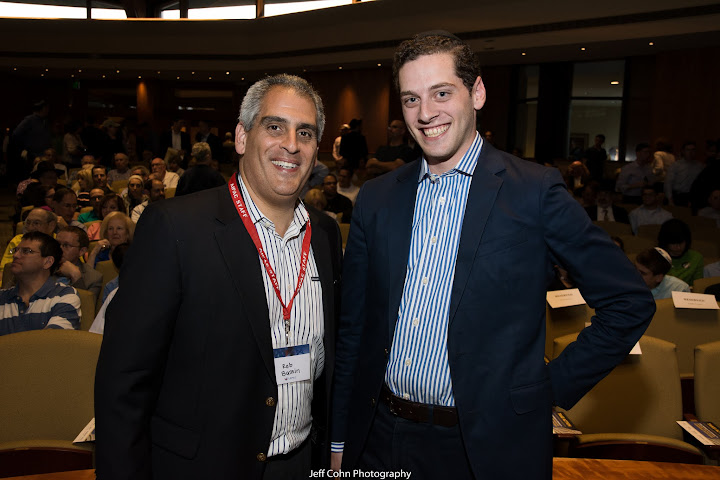











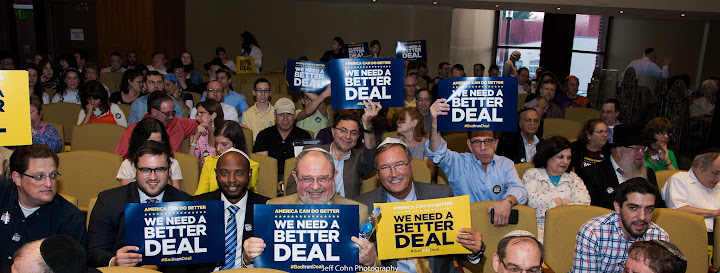
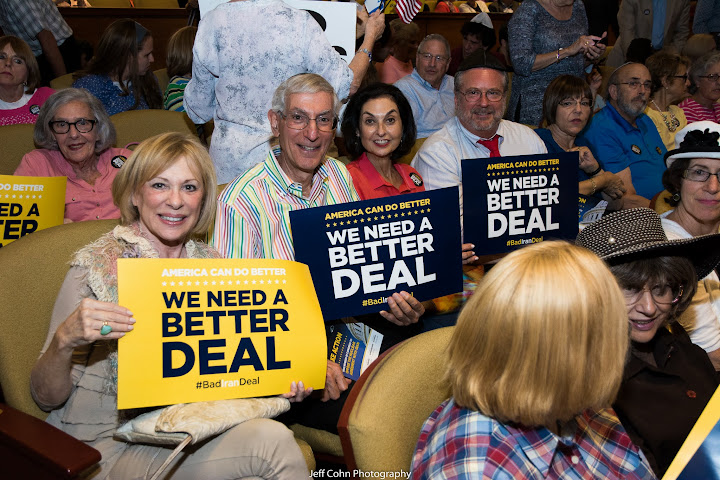

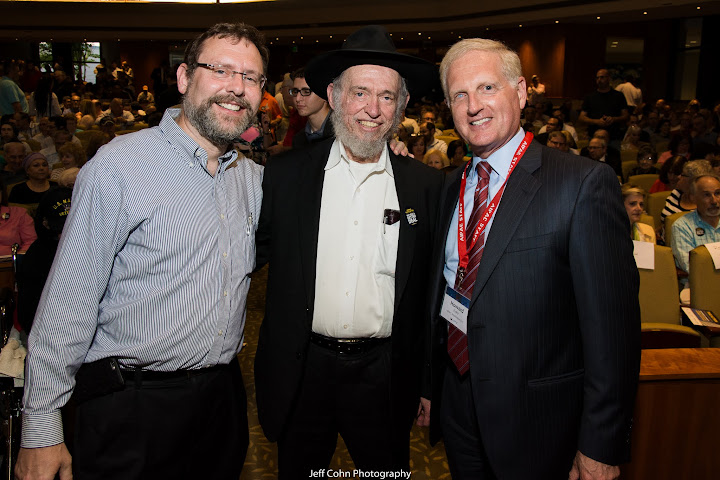
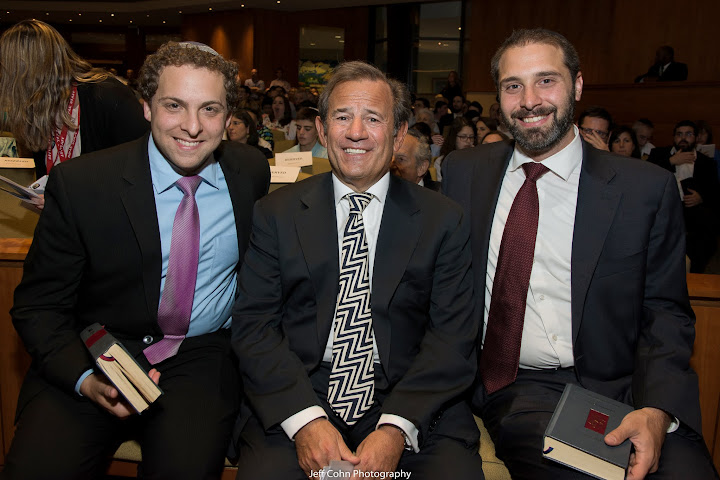




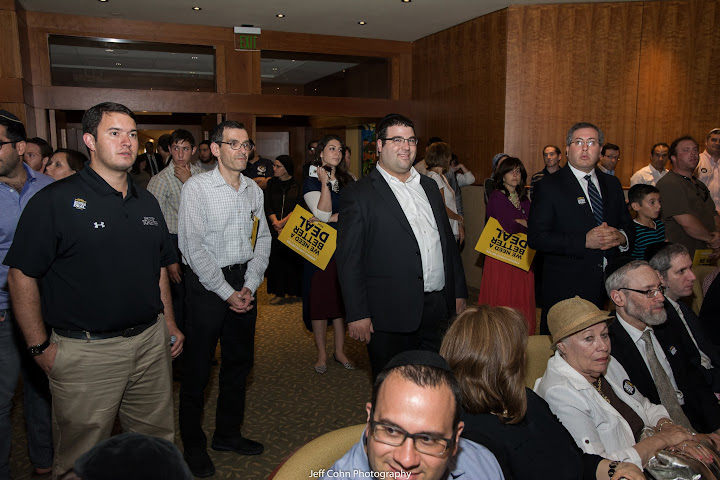

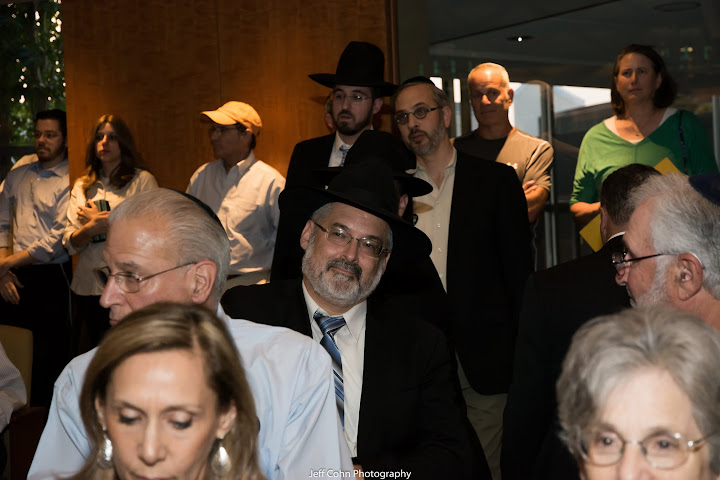


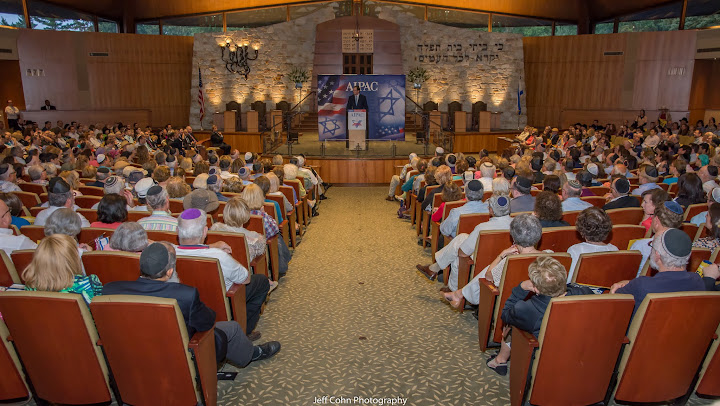
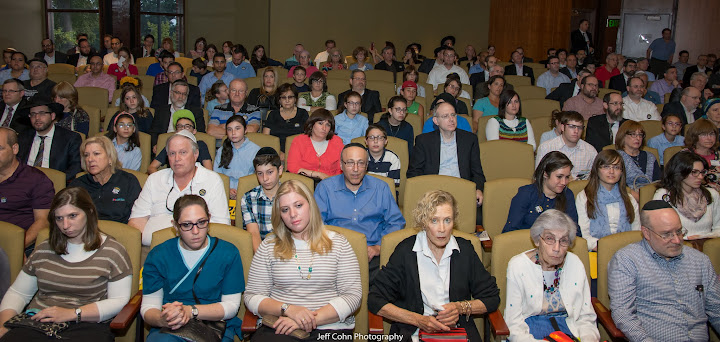
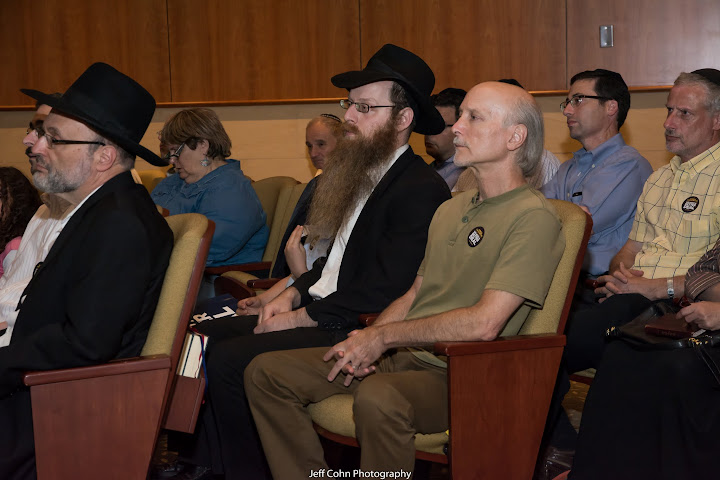

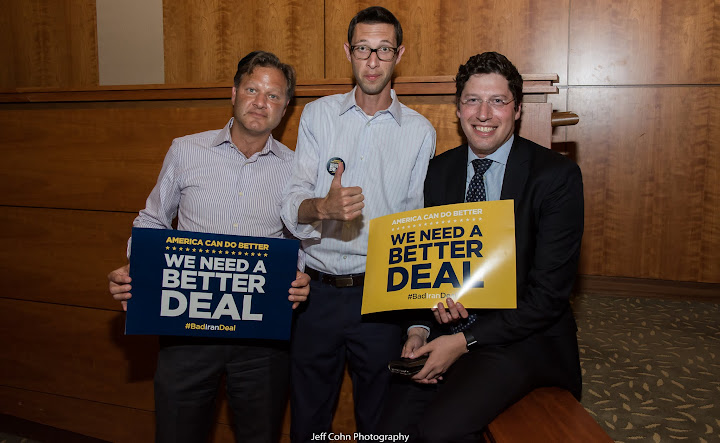

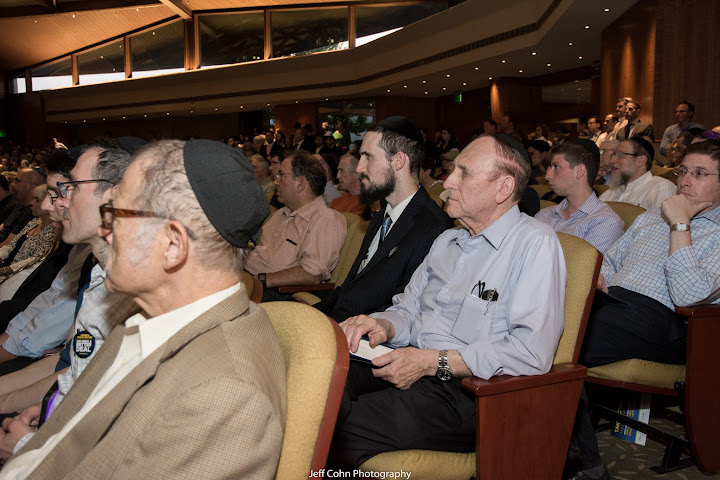
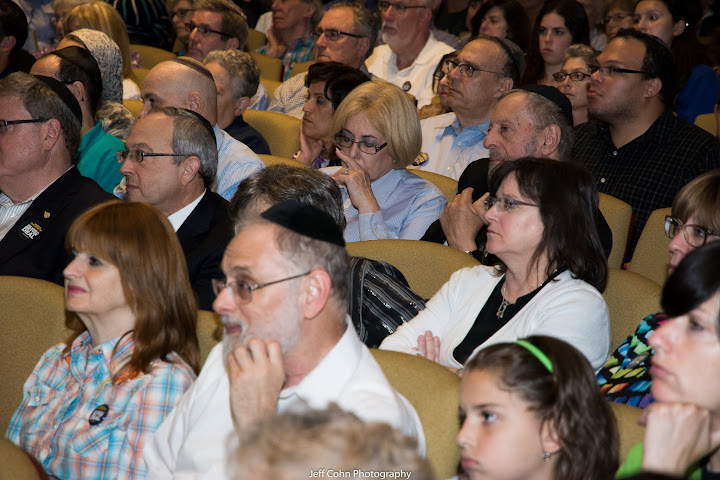


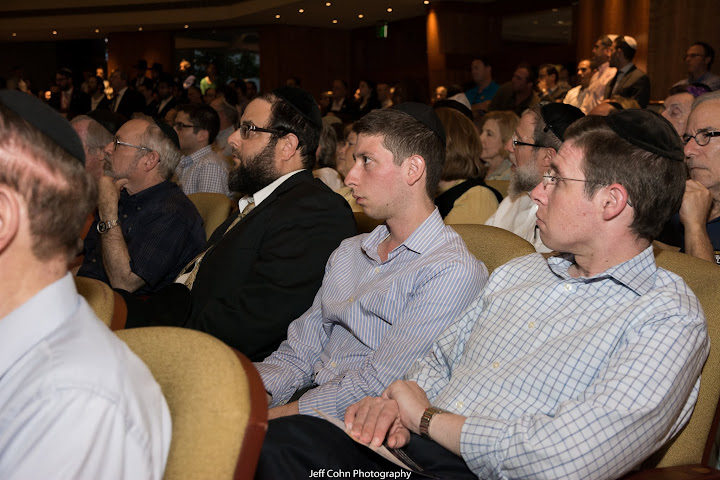



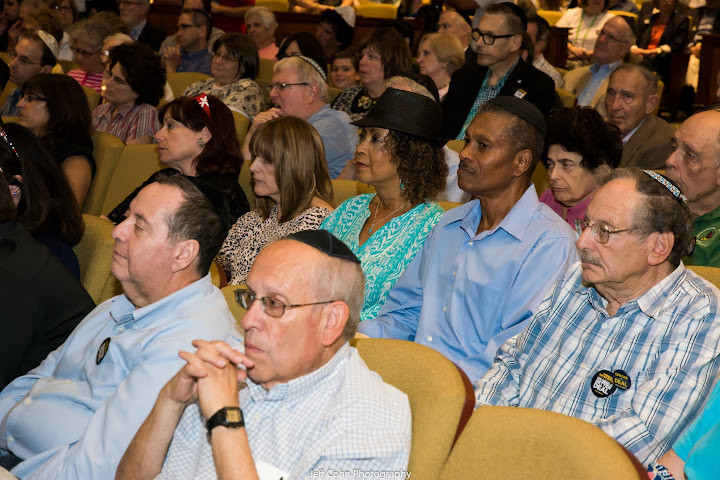

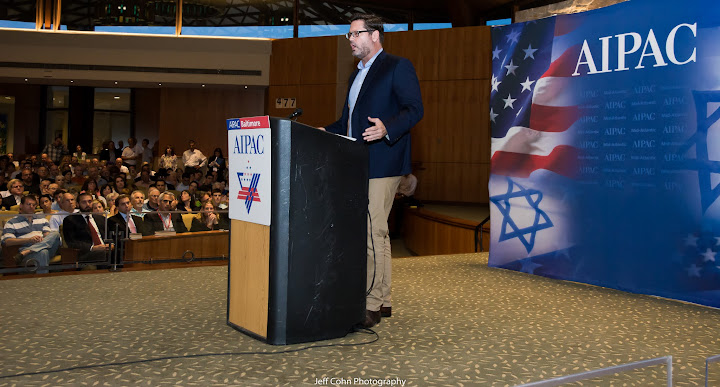
Michael Pregent spent 20 years in the US army as a Middle East intelligence officer and seven years in the defense intelligence agency and is an expert on Iranian influence 



